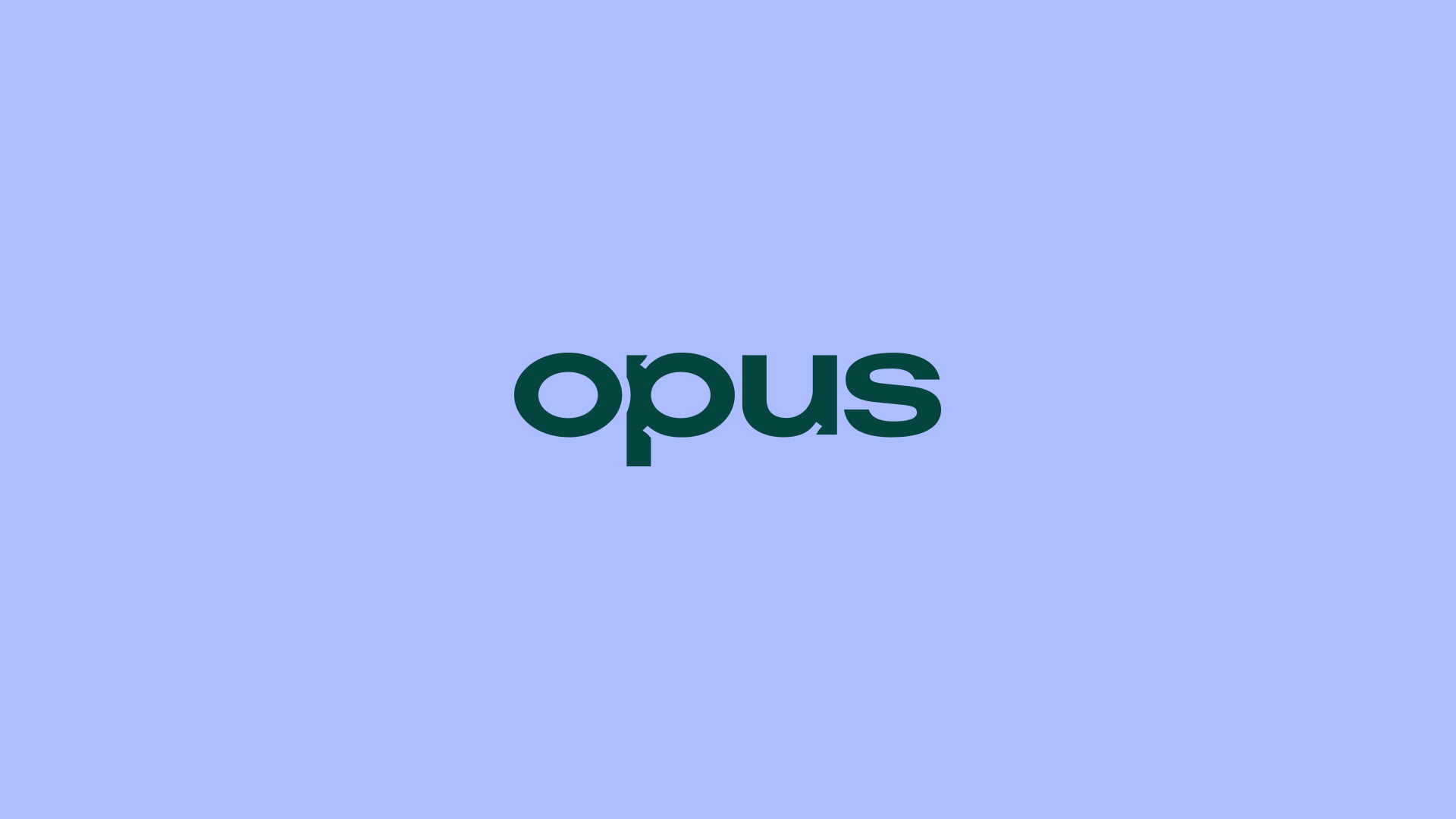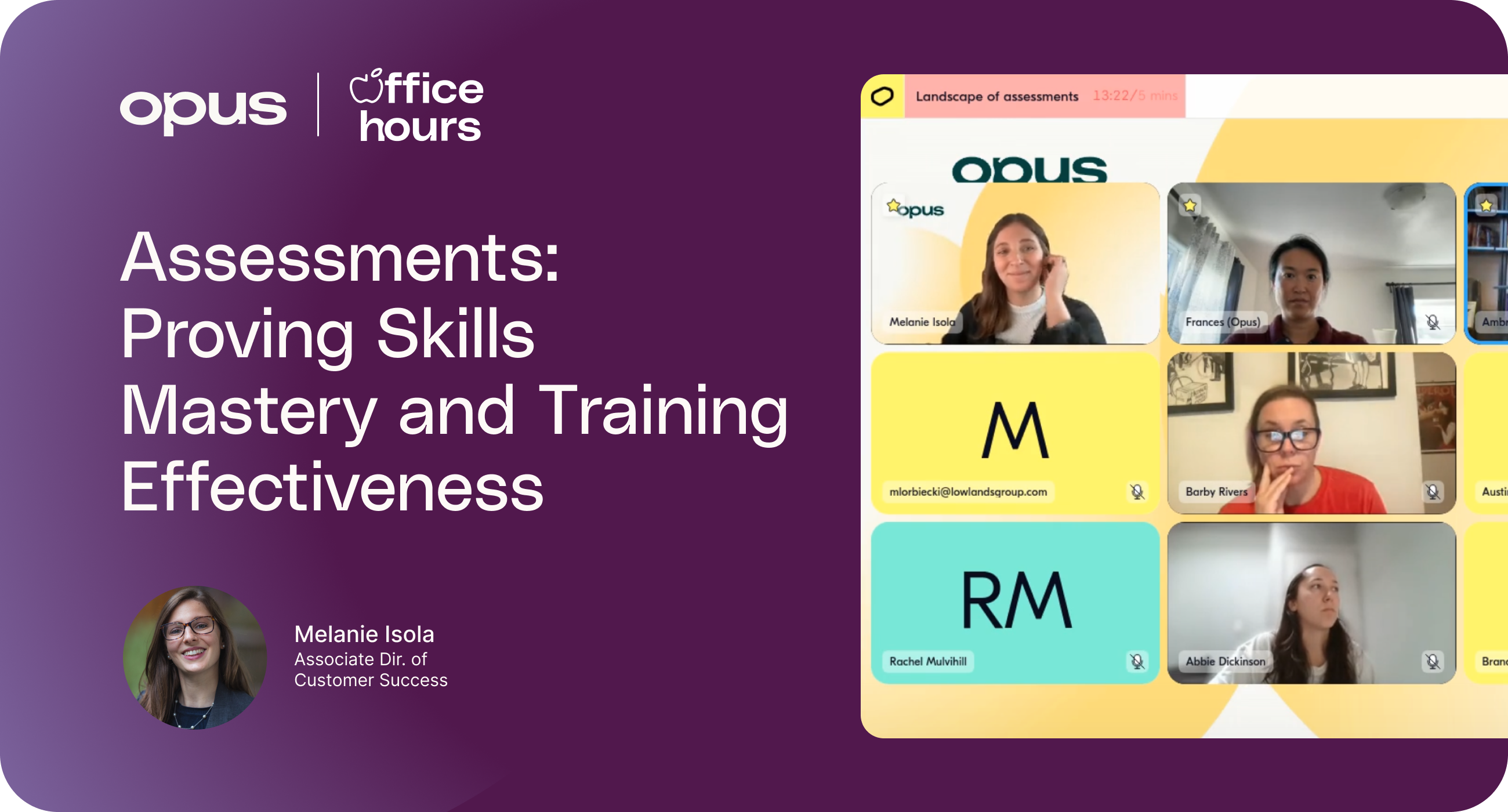We sat down with Betsy Craig, CEO and Founder of MenuTrinfo and Kate Corre, Manager of Training and eLearning at MenuTrinfo for their expert predictions of allergen training. MenuTrinfoⓇ is a nutritional and menu consulting company, providing programs such as Certified Free From™, AllerTrainⓇ, and a wide variety of services ranging from Consumer-Packaged Goods to various levels of food safety guidance, allergy testing, and much more.
What are some common misconceptions about allergen training?
That it is not mandated training. It is in fact mandated in places like the state of Illinois, A county in the state of Maryland, Michigan, and other areas. When Covid hit, there were well over a dozen laws pending adding training mandates in different parts of the US.
That separate food allergy/gluten-free training is not that important. A few years back the National Restaurant interviewed chefs only to discover that there was as I remember it, more misinformation about food allergies than accurate details. An example I remember from back then is that some chefs still thought you could cook out an allergen and all would be fine. You can’t and it is not.
In fact, it is about the education of what allergens are, how they affect the body, and how industry professionals can help provide a more allergen-safe environment for their guests.
What are the biggest hurdles around allergen training?
Sadly, a great deal of time management and owners need to see the upside to this training. The average cost of a food allergy or gluten-free lawsuit settlement that I have seen in 13+ years is 150K. That takes the cost argument off the table for most, but it is a barrier to entry. Another huge challenge is training when the law doesn’t yet mandate it in their area. Shortsightedness on the true due diligence and care you take for your business and patron from something so simple.
Ensuring that content is shared in the most effective way. Always consider delivery methods and content information to ensure participants retain and are invested in learning this life-saving information.
What modalities of allergen training have people used in the past?
Most allergen training is offered in-person and virtual live facilitation and as a traditional LMS course training.
How does your content differ from traditional methods of training?
We are excited to be able to have our Accredited AllerTrain® Lite course on the OPUS platform. We can support companies and their associates in an innovative and high-impact fashion. Utilizing micro training on a mobile platform will create greater accessibility, understanding, and retention of this life-saving information!
How has allergen training changed during your time in the industry?
Drastically. We were lucky enough to be the first training in the US that was ANAB/ANSI accredited and have watched others come behind us to try to catch up. Also, since we began, we have taken great efforts to update the courses to keep them current and valid. Finally, since day one including proper handling the gluten-free foods has been a deal changer for the dining public. 2.4 of every 10 tickets/orders contains special needs including a gluten-free accommodation and it matters.
What key information do restaurant operators need to know about training their managers? Their frontline?
The entire team is involved in keeping guests safe. It is crucial that managers, associates, bussers, and even those in charge of receiving products have an allergen awareness mindset. Cross-contact can happen at any time, substitutions in products can potentially be life-threatening and that is why the urgency for understanding and handling allergen-containing foods is so important across any level.
What are your predictions for the future of allergen training?
Guests with food allergies and sensitivities are on the rise. We truly believe allergen training is going to be a staple in the food industry and should be a lifesaving requirement.




.png)


